Kosovo’s political crisis deepens as journalists protest Prime Minister Kurti’s silence, spotlighting concerns over transparency and press freedom amid a prolonged parliamentary deadlock.
Kosovo’s ongoing political deadlock has entered a new phase of tension after journalists publicly protested acting Prime Minister Albin Kurti’s continued silence toward the media. The leader of the Vetëvendosje (Self-Determination) movement has declined to answer questions during all five parliamentary sessions since the February 9 elections, prompting frustration among reporters and calls for greater transparency.
As Kurti exited the Parliament building on Wednesday en route to government offices, journalists staged a rare demonstration by laying their microphones and cameras on the ground, visibly protesting his refusal to speak. The Association of Journalists of Kosovo condemned the prime minister’s silence, releasing a statement urging political actors—especially the leader of the party with the most seats—to engage openly with both the media and the public during this critical time. “We call on all political actors, especially the leader of the party with the most seats in Parliament, to be transparent with the media and the public on such an important issue as the formation of the new legislature,” the association said (Association of Journalists of Kosovo, April 2025).
The deadlock comes as Kosovo struggles to form new institutions following inconclusive elections. The fifth parliamentary session, also held on Wednesday, again failed to elect a new speaker of Parliament. Session chair Avni Dehari convened representatives from all parties ahead of the session, but no breakthrough was reached. The next session is scheduled within 48 hours, yet political parties remain entrenched in their positions.
Vetëvendosje, as the largest parliamentary group, once more nominated Albulena Haxhiu as Speaker. “I propose Albulena Haxhiu. I invite you to vote and not keep this process blocked any longer,” Vetëvendosje MP Glauk Konjufca urged during the session. Haxhiu received only 57 of the required 61 votes, falling short of election.
The opposition’s frustration was evident. Memli Krasniqi, chairman of the Democratic Party of Kosovo (PDK), accused Vetëvendosje of holding the country “hostage” over its insistence on a single candidate. “Vetëvendosje, which has the right to propose the speaker, has decided to keep the state hostage for the sake of their preferences, for one particular name. They cannot impose their candidate on the opposition MPs. The mentality of forcing votes has no place in a democratic system,” Krasniqi stated during the session.
Krasniqi further claimed that Vetëvendosje is aware of at least two candidates from within its own ranks who could gain broader support, but the party continues to block the process. The Democratic League of Kosovo (LDK) also refused to back any Vetëvendosje nominee, citing the party’s polarizing approach.
Ramush Haradinaj of the Alliance for the Future of Kosovo (AAK) called on Vetëvendosje to propose a consensus candidate, but the ruling party reiterated that opposition rejection of its nominee was “unacceptable.”
As the political crisis drags on, the journalists’ protest has intensified concerns about transparency and press freedom. Legal experts and media watchdogs warn that open communication between officials and the press is crucial for democratic accountability, particularly during periods of institutional uncertainty.
“Transparency is essential in democracy, and the silence of political leaders undermines public trust,” the Association of Journalists of Kosovo reiterated in its statement.
With the next parliamentary session set for Friday and political divisions unresolved, observers fear that Kosovo’s institutional impasse will continue, further testing the country’s young democracy.
Image:
Office of the Prime Minister of the Republic of Kosovo, Public domain, via Wikimedia Commons
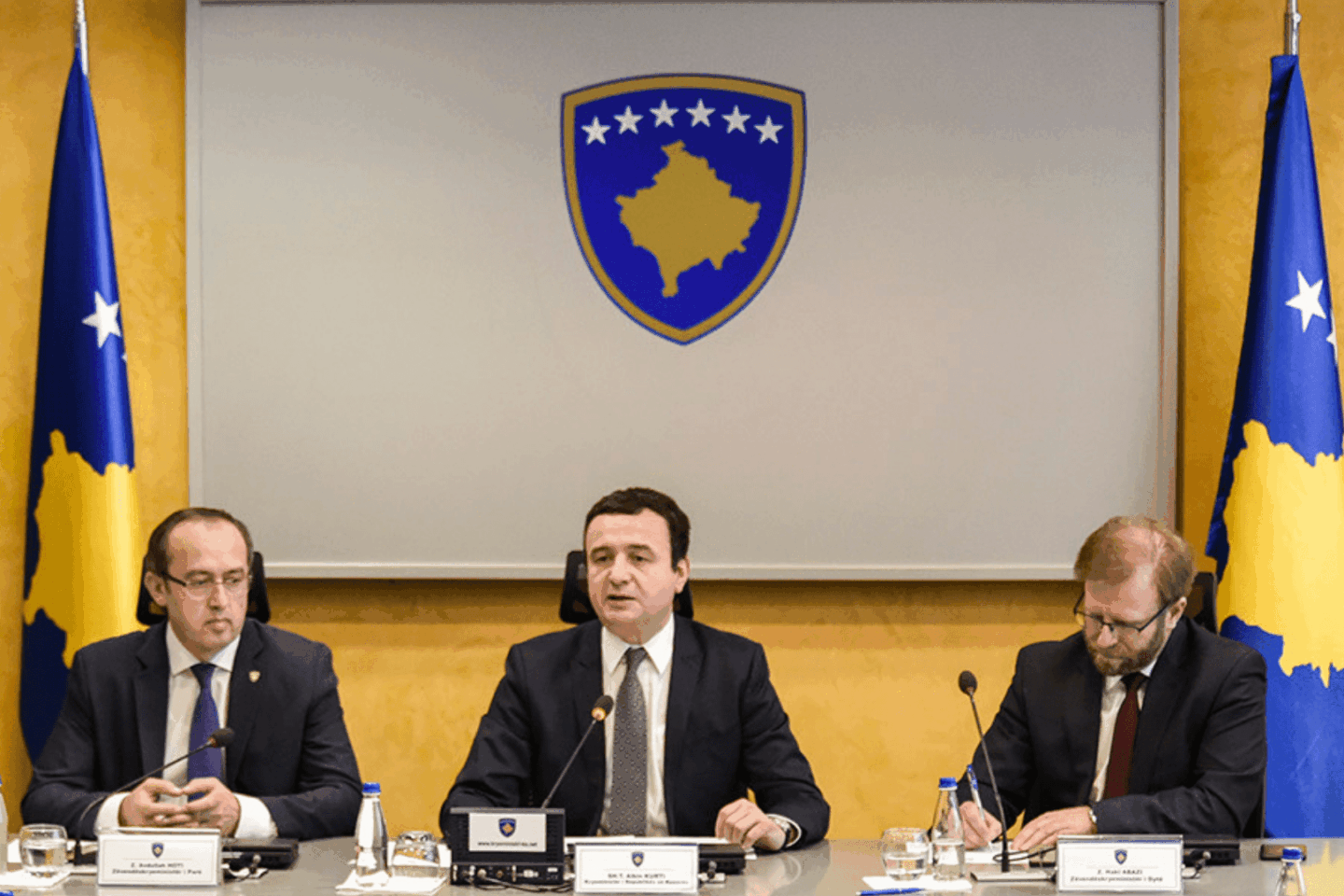

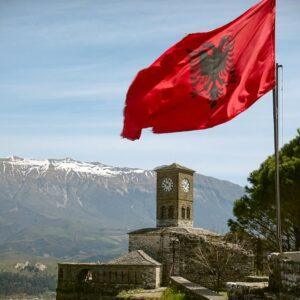




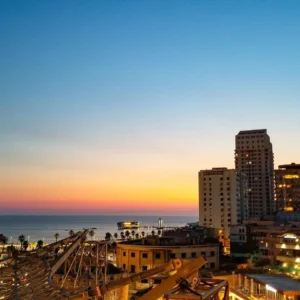
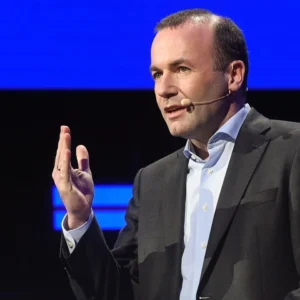


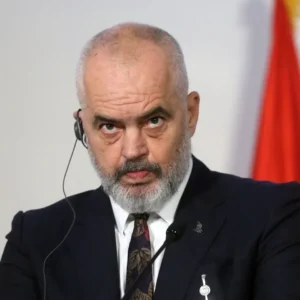

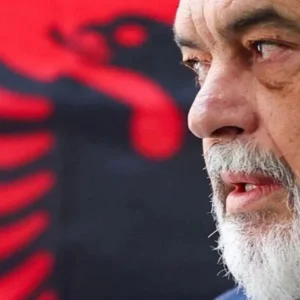
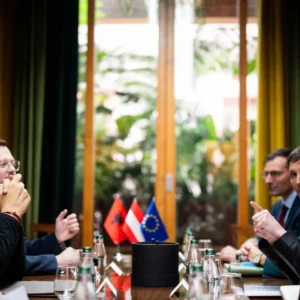
Recent Comments